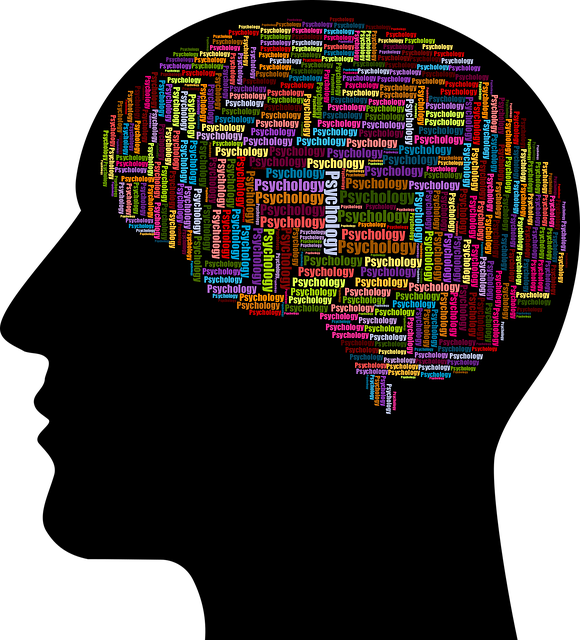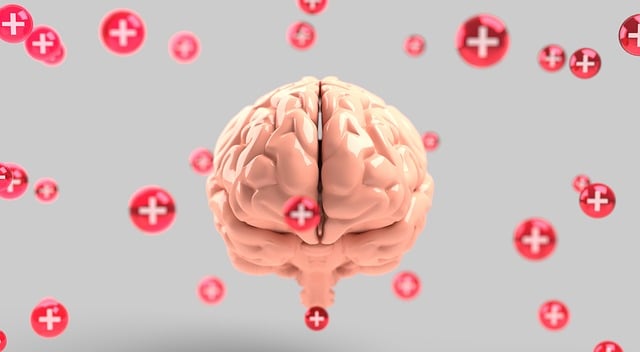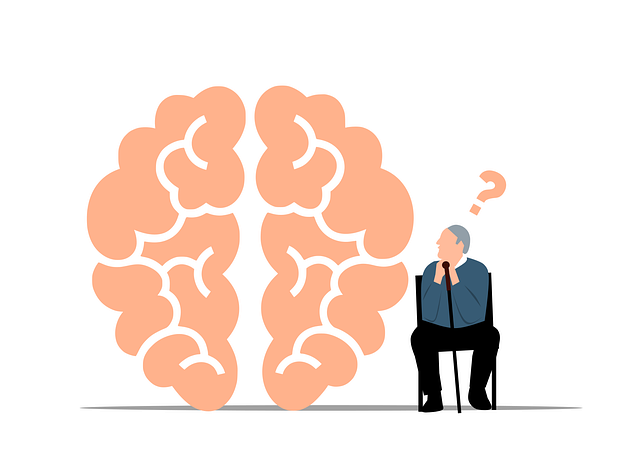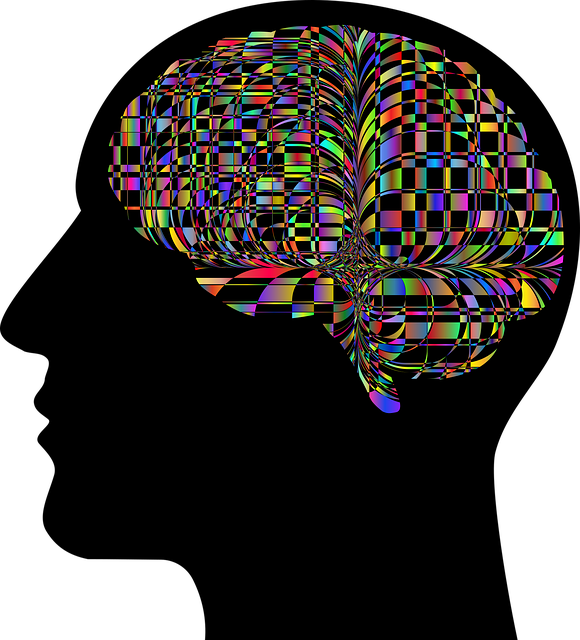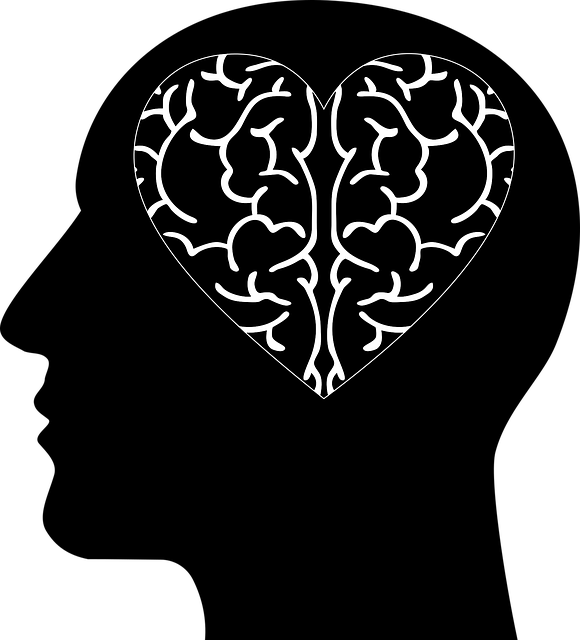Mood regulation through strategies like stress management and CBT is vital for mental health and well-being, particularly in Northglenn Alcohol Abuse Therapy settings. Identifying triggers, keeping journals, and personalizing coping mechanisms are key steps. Cognitive Behavioral Techniques (CBT) offer proven methods to challenge negative thought patterns and gain emotional control during stressful situations. Mindfulness and meditation practices, including compassion cultivation, enhance mental wellness and reduce stress. Lifestyle changes like nutrition and physical activity play crucial roles in mood regulation, especially for Northglenn residents recovering from alcohol abuse.
Mood regulation strategies are essential tools for managing emotional well-being. This comprehensive guide explores various techniques designed to help individuals in Northglenn navigate and stabilize their moods effectively. From understanding the significance of mood regulation to identifying personal triggers, this article delves into cognitive behavioral therapies, mindfulness practices, and lifestyle changes. By integrating these strategies, readers can achieve emotional balance and even mitigate issues like Northglenn alcohol abuse.
- Understanding Mood Regulation and Its Significance
- Identifying Triggers: Recognizing Patterns for Effective Strategies
- Cognitive Behavioral Techniques for Emotion Management
- Mindfulness and Meditation: Tools for Calming the Mind
- Lifestyle Changes: Nutrition, Exercise, and Sleep for Emotional Balance
Understanding Mood Regulation and Its Significance

Understanding Mood Regulation and Its Significance
Mood regulation is a vital aspect of mental health that enables individuals to navigate life’s ups and downs with resilience. It involves managing and stabilizing emotions, ensuring they don’t overwhelm one’s ability to function effectively. Effective mood regulation strategies are essential for maintaining psychological well-being, enhancing overall quality of life, and fostering positive interactions in various settings, including Northglenn Alcohol Abuse Therapy programs.
By learning to regulate moods, individuals can better cope with stress, prevent emotional crises, and promote a sense of calm and balance. This process often involves adopting healthy coping mechanisms such as positive thinking, engaging in crisis intervention guidance, and implementing effective stress management techniques. These strategies empower people to take control of their emotional responses, leading to improved mental fortitude and a more fulfilling life journey.
Identifying Triggers: Recognizing Patterns for Effective Strategies

Identifying triggers is a crucial step in mood regulation strategies, especially for those seeking help from Northglenn Alcohol Abuse Therapy. Recognizing patterns in one’s emotional responses and environmental cues can significantly enhance the effectiveness of therapy and recovery plans. Many individuals struggling with mental health issues, such as depression or anxiety, often find that specific situations or interactions trigger negative moods. By keeping a journal to track these triggers, individuals can start to identify recurring themes or settings that prompt intense emotions.
This process allows for the development of personalized strategies. For instance, if social gatherings consistently lead to feelings of anxiety, compassion cultivation practices could be implemented to foster better coping mechanisms during such events. Similarly, understanding that certain stressors at work contribute to mood disturbances can initiate a search for solutions, whether through adjusting work environments or advocating for improved mental health policy analysis and advocacy within the organization, as seen in successful Community Outreach Program Implementation initiatives.
Cognitive Behavioral Techniques for Emotion Management

Cognitive Behavioral Techniques (CBT) offer a powerful toolkit for managing emotions and regulating mood. This evidence-based approach focuses on identifying and challenging negative thought patterns that contribute to emotional distress. By doing so, CBT empowers individuals to gain control over their feelings and behaviors, especially in stressful situations. For instance, Northglenn Alcohol Abuse Therapy often incorporates CBT strategies to help clients navigate and manage their emotions, ultimately reducing the reliance on unhealthy coping mechanisms like substance abuse.
Through structured exercises and therapy sessions, individuals learn to recognize triggers for anxious or depressive episodes and develop healthier ways of responding. This process involves reframing negative thoughts into more realistic and positive perspectives, thus fostering better emotional resilience. Moreover, CBT can be tailored to address specific concerns, such as Burnout Prevention in high-pressure work environments, where effective Stress Management Workshops Organization techniques are invaluable. By combining these cognitive strategies with practical tools for Stress Reduction Methods, individuals can achieve lasting improvements in their ability to navigate life’s challenges.
Mindfulness and Meditation: Tools for Calming the Mind

Mindfulness and meditation are powerful tools for calming the mind and regulating emotions, making them valuable techniques in managing mental health, especially for those seeking Northglenn Alcohol Abuse Therapy. These practices involve cultivating present-moment awareness and non-judgmental attention to one’s thoughts, feelings, and bodily sensations. Through regular practice, individuals can learn to observe their emotional reactions without immediately reacting, fostering a sense of emotional balance.
Compassion cultivation practices, which encourage self-kindness and understanding, are often integrated into mindfulness meditation. This approach helps individuals develop a more positive relationship with themselves, reducing the impact of stressful situations. For healthcare providers suffering from burnout, these techniques can be game-changers, forming part of effective burnout prevention strategies. By incorporating mindfulness into their daily routines, they can enhance their mental wellness and better support their patients’ recovery journeys.
Lifestyle Changes: Nutrition, Exercise, and Sleep for Emotional Balance

In the pursuit of emotional balance, lifestyle changes play a pivotal role. Nutrition is a powerful tool that can significantly impact mood regulation. Incorporating a balanced diet rich in essential nutrients supports brain health and overall well-being. Studies show that certain foods, such as those high in omega-3 fatty acids and vitamin D, can enhance positive moods and reduce symptoms of depression and anxiety, potentially offering an effective first line of defense against emotional imbalances.
Alongside nutrition, regular physical activity is another essential component. Exercise stimulates the release of endorphins, often referred to as “feel-good” hormones, which can alleviate stress, improve mood, and foster a sense of calm. For individuals in Northglenn seeking to break free from alcohol abuse, combining mental health education programs with structured exercise routines can be transformative. This holistic approach not only addresses the physical aspects of recovery but also boosts confidence and provides valuable crisis intervention guidance, paving the way for lasting emotional stability.
Mood regulation is a vital skill for maintaining emotional well-being. By understanding triggers and employing evidence-based strategies like cognitive behavioral techniques, mindfulness practices, and lifestyle modifications, individuals can effectively manage their moods. If you’re struggling with mood disorders or the effects of alcohol abuse, Northglenn Alcohol Abuse Therapy offers specialized support to help you navigate these challenges and cultivate a more balanced life. Embrace these strategies as tools for personal growth and seek professional assistance when needed.
